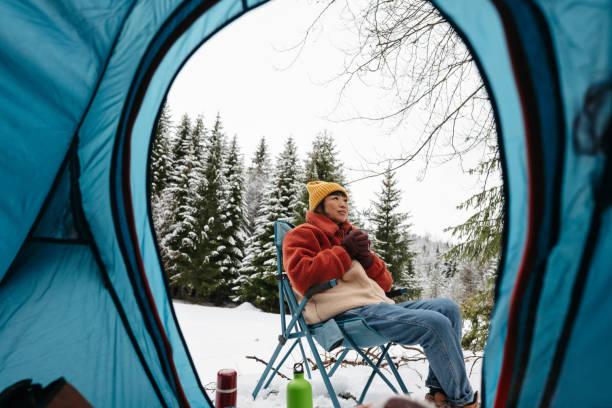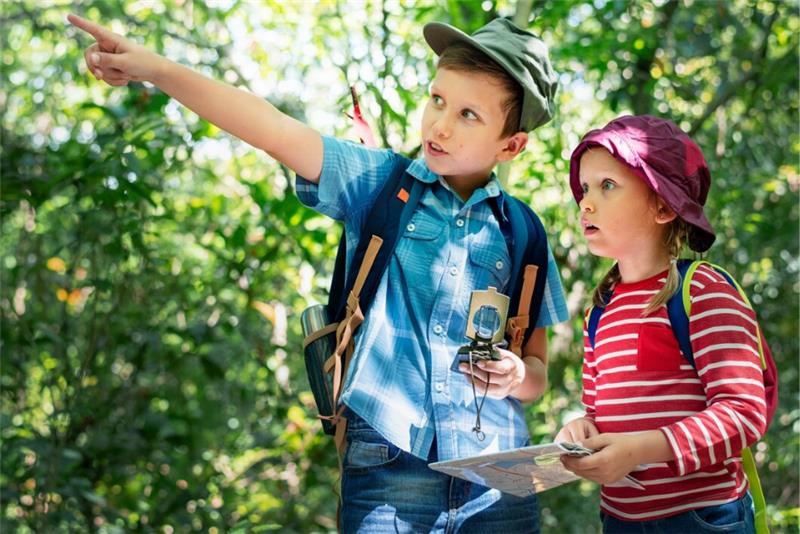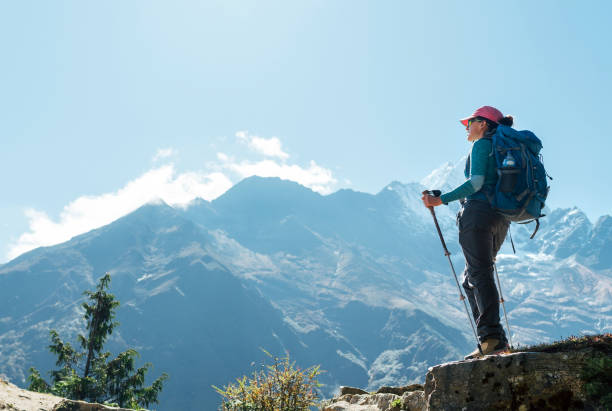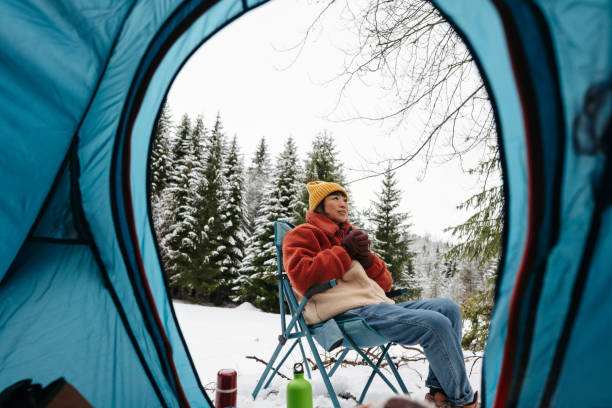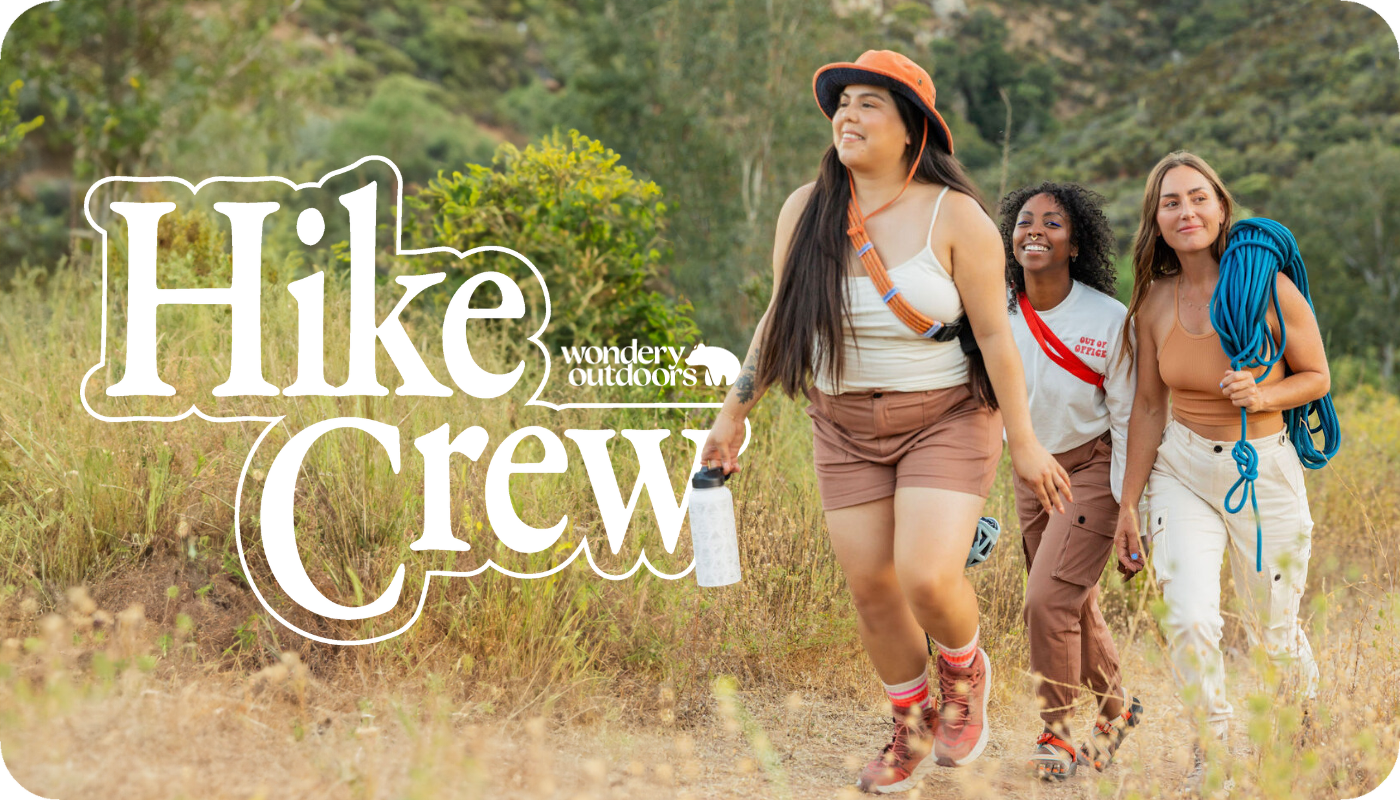Camping in cold weather requires preparation, skill, and knowledge of outdoor survival strategies. Staying cozy during winter adventures is essential for safety and enjoyment. Using reliable gear and layering effectively with items like Wondery clothing can make a significant difference.
These winter camping tips will guide you in selecting the right apparel, setting up shelters, and managing outdoor challenges to ensure a comfortable and safe cold-weather experience.
Why Winter Camping Requires Extra Preparation
Winter camping is different from warm-weather adventures because cold temperatures, icy winds, and limited daylight add unique challenges. To enjoy the outdoors comfortably, campers need to plan carefully, pack wisely, and understand cold-weather survival skills that ensure both warmth and safety.
3 Essential Winter Camping Tips for Beginners
Learning the basics of cold weather camping helps you stay warm, avoid frostbite, and feel confident outdoors. Beginners should focus on proper clothing, safe fire-building, and campsite management to ensure a successful and cozy winter camping experience.
1. Dress in Layers for Maximum Warmth
Layering clothing is one of the most effective winter camping tips. Wearing multiple layers allows you to adjust insulation and stay comfortable in changing temperatures without overheating or freezing in cold winds.
- Base layer for moisture control
- Insulating mid-layer for heat retention
- Waterproof outer layer for wind and snow protection
2. Choosing the Right Sleeping Gear
Proper sleep systems ensure restful nights during women’s cold weather camping trips. A four-season sleeping bag, insulated sleeping pad, and a liner help prevent body heat loss and keep you warm all night.
- Four-season sleeping bag rated for low temperatures
- Insulated pad to block ground cold
- Sleeping bag liner for added warmth
3. Campsite Selection and Shelter Setup
Selecting the right campsite is vital for winter camping safety. Sheltering from wind and avoiding avalanche-prone areas can mean the difference between comfort and risk. Tents with strong poles and snow skirts provide greater protection against cold winds.
- Avoid open ridges or valleys prone to wind
- Choose flat, sheltered areas with tree coverage
- Clear snow before pitching your tent
Food and Hydration in Cold Weather Camping
Nutrition and hydration are often overlooked but are crucial for outdoor survival. Eating calorie-dense meals and drinking warm fluids helps fuel your body and regulate heat in freezing conditions.
Meal Planning for Energy and Warmth
Cold weather burns more calories, so winter campers should eat hearty meals rich in protein and fats. Hot soups, oatmeal, and trail mixes provide long-lasting energy and maintain body heat.
- Pre-cook meals for quick preparation
- Carry insulated containers for hot food
- Include high-fat snacks like nuts and cheese
Staying Hydrated in Freezing Temperatures
Dehydration occurs easily in winter because the body loses water through respiration and cold-induced urination. Use national park water bottles to keep fluids insulated and accessible throughout your trip.
- Carry insulated bottles
- Boil water to kill bacteria and melt snow
- Drink warm tea or broth for hydration
Women’s Cold Weather Camping Considerations
Women often face unique challenges in cold conditions, from colder extremities to maintaining comfort overnight. With the right preparation, women can enjoy cold-weather adventures while staying warm, safe, and comfortable.
Clothing Adjustments for Women Campers
Women may need extra insulation, especially for hands and feet, as circulation can differ. Thermal socks, down mittens, and insulated boots are essential to avoid frostbite and discomfort during winter trips.
- Thermal underwear for warmth
- Down jackets for insulation
- Hand and foot warmers for extra comfort
Safety and Comfort in Remote Areas
Outdoor survival skills are especially important for women camping in cold conditions. Knowing how to start a fire, signal for help, and manage long nights ensures confidence and preparedness in harsh environments.
- Pack a reliable headlamp with extra batteries
- Carry safety gear such as whistles and fire starters
- Use durable tents with weatherproof protection
Outdoor Survival Strategies in Winter Camping
Survival strategies are essential when facing unexpected cold weather conditions. Knowing how to manage fire, navigation, and health ensures your safety while exploring the outdoors during winter.
Building and Maintaining a Fire
Fire-building is one of the most valuable outdoor survival skills. A strong fire provides heat, cooks food, and boosts morale in freezing conditions. Always carry waterproof matches and fire starters for emergencies.
- Collect dry wood before dark
- Use a fire reflector to trap heat
- Never leave fires unattended
Navigation and Emergency Preparedness
Getting lost in snowy landscapes is a risk, especially in low visibility. Always carry navigation tools and prepare for emergencies by letting someone know your route and expected return time.
- Map and compass for navigation
- GPS device for tracking routes
- Emergency blanket and shelter backup
Fun and Creative Comfort Tips for Cozy Camping
Staying cozy is not just about survival but also enjoying the experience. Adding personal touches like warm drinks, games, and small comforts enhances the winter camping trip and creates lasting memories.
Enjoying Hot Beverages and Warm Gear
Warm drinks help keep spirits high during cold nights. Carry national park cup stickers to personalize mugs and make hot beverages more enjoyable while bonding around the campfire with fellow campers.
- Hot cocoa or herbal teas for comfort
- Insulated mugs with stickers for personalization
- Heat packs for sleeping bags
Activities to Pass the Time
Winter nights are long, so activities help campers relax and enjoy downtime. Storytelling, stargazing, and journaling add meaningful experiences to cold-weather camping trips.
- Reading books or journals
- Playing card games
- Stargazing with clear winter skies
Conclusion
Cold weather camping can be an incredible experience when approached with preparation, knowledge, and the right gear. By following these winter camping tips, staying mindful of outdoor survival strategies, and making small adjustments for comfort, you can enjoy the beauty of nature without sacrificing safety.
Whether it’s selecting a sheltered campsite, layering clothing, or carrying insulated essentials like national park water bottles, every detail matters. With the right mindset, even the chilliest nights outdoors can become unforgettable adventures.
Stay Cozy with Wondery Outdoors
At Wondery Outdoors, every product is designed to transform your adventures into lasting memories. From practical gear that keeps you warm to accessories that help you track your journey and celebrate milestones, Wondery supports every step of your outdoor experience.
Our collections are created to keep you connected to the places that inspire and shape you. Whether it’s winter camping or summer hiking, Wondery Outdoors ensures comfort, connection, and unforgettable moments in nature.
Frequently Asked Questions (FAQs)


